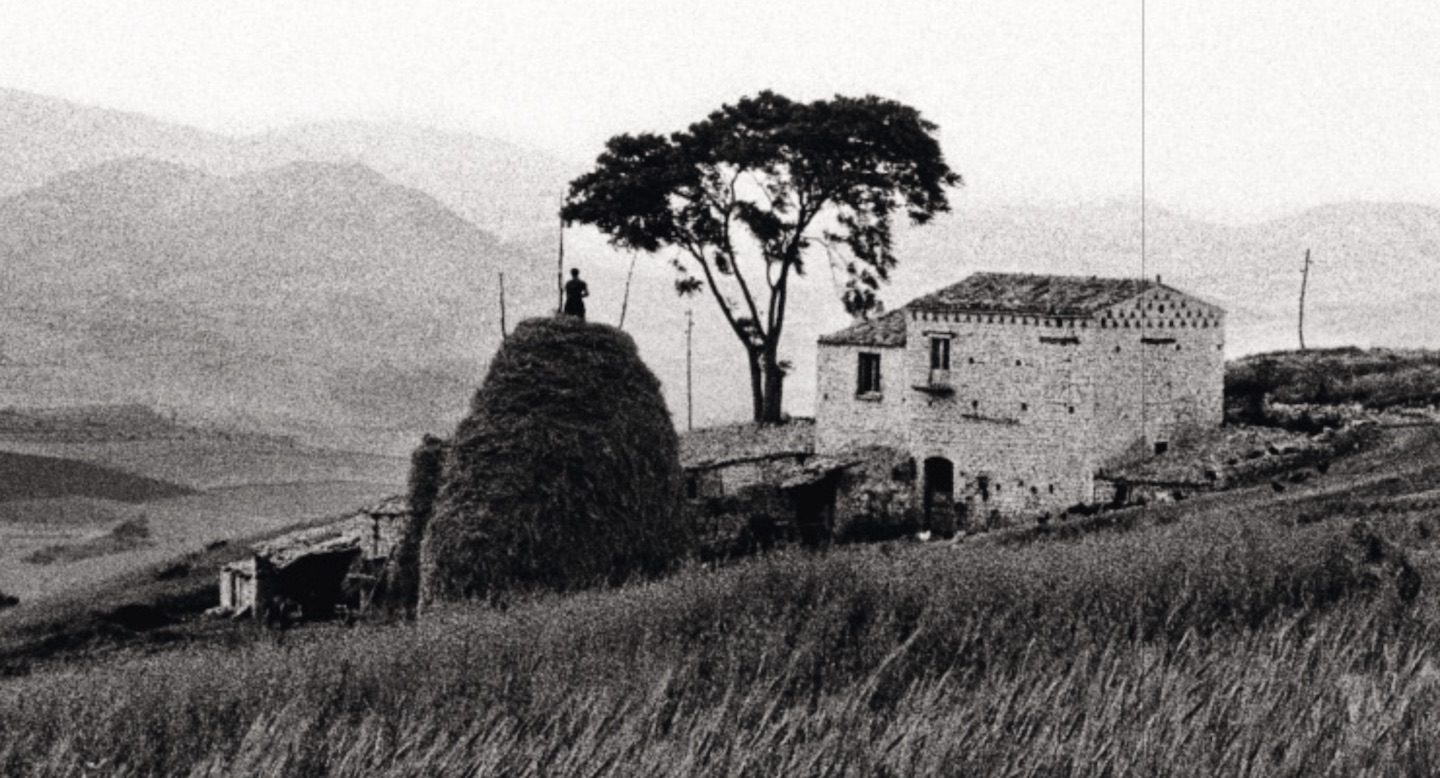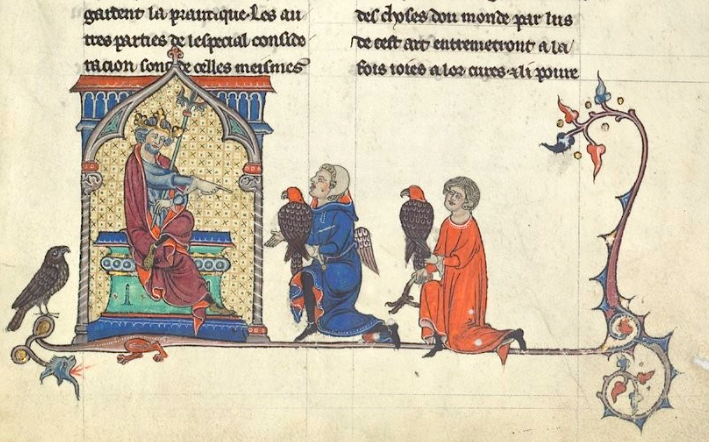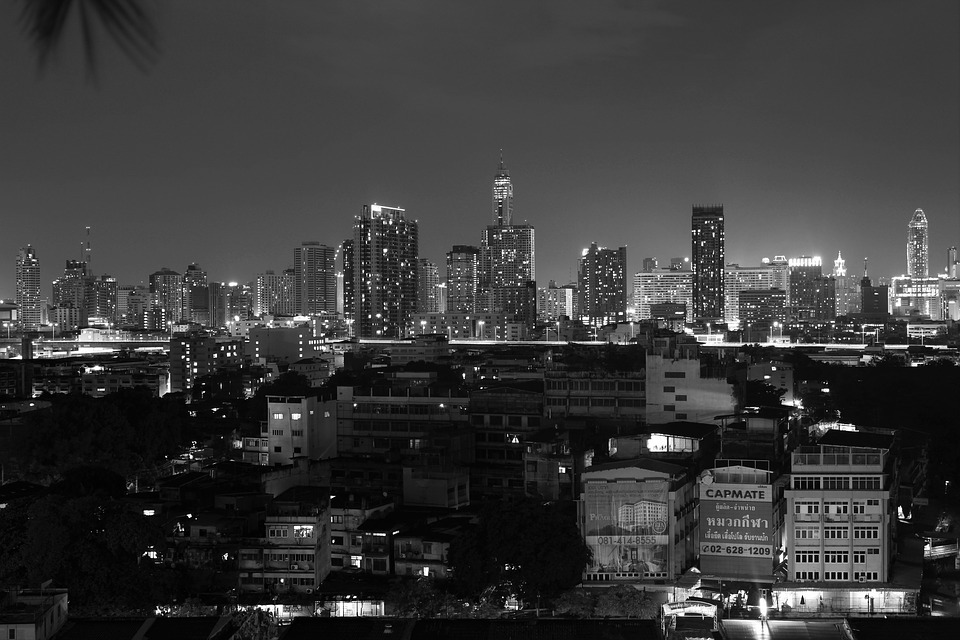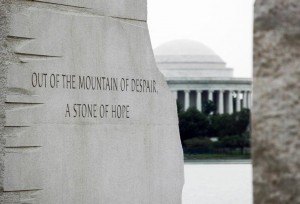-
Lacedonia – Frank Cancian’s Pictures of a Disappearing World
In 1957, it must have been a trip of a lifetime. Frank Cancian was going to Italy. An American student, child of Italian immigrants, he had won a Fullbright scholarship. The project would combine his love of photography and his studies in anthropology. He would use his camera to document the life of Lacedonia, a town in the hills of Avellino. To reach Lacedonia you have to climb into the Apennines to the east of Naples. In ancient times this had been the land of the Samnites, Rome’s bitter enemies, who had long resisted conquest. Later it became the border lands of southern Lombard duchies before the Normans placed their…
-
Extremes of Wealth and Poverty
The increasing gulf between rich and poor has recently re-emerged as an issue in public debate, both as an issue of economic justice and as an issue contributing to political instability in the world.[1] The issue has been a standing concern of the Baha’i community. In his early mystical writings Bahá’u’lláh draws attention to the injustice of disparities of wealth and poverty. Bahá’u’lláh challenges the common societal devaluation of the poor (and assumptions about a worthy human life): Vaunt not thyself over the poor, for I lead him on his way and behold thee in thy evil plight and confound thee forevermore.[1] This is not enough. The wealthy have obligations of generosity…
-
Foreignness: a primary problem
Image from freefoto.com One of the obstacles we face as a global society working to abolish foreignness is the perception of foreignness as only an ancillary problem, or a problem that is secondary to more critical and pressing global issues. Rather than deal with the question of the abolition of foreignness head-on, we seek to address the problem through proxies, hoping prejudice and hate and bias will simply go away if we first address the more material problems that supposedly underlie them. If we only do away with educational inequalities inner city schools, one argument might go, then racial tensions will be resolved. If we seek to address climate…
-
The Borders of Science
Surely something as universally true as science could not have borders? Not in the twenty-first century. Not in the age of the internet. Like the refugees who face immense challenges in getting into Fortress Europe, getting the benefits of science to the poor in developing countries is incredibly difficult. The most well-known case was that of aids drugs and their availability to the poor in developing countries. The problem is this: the systems created to protect intellectual property simply ignores the existence of the poor who could never pay for drugs, priced at around US$17,000 for an annual supply. While developed countries were able to pay the price for aids drugs and…














